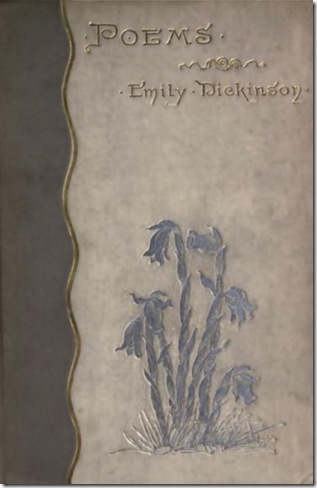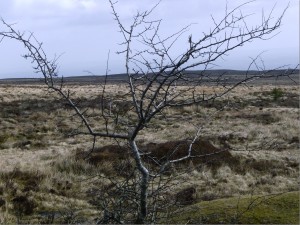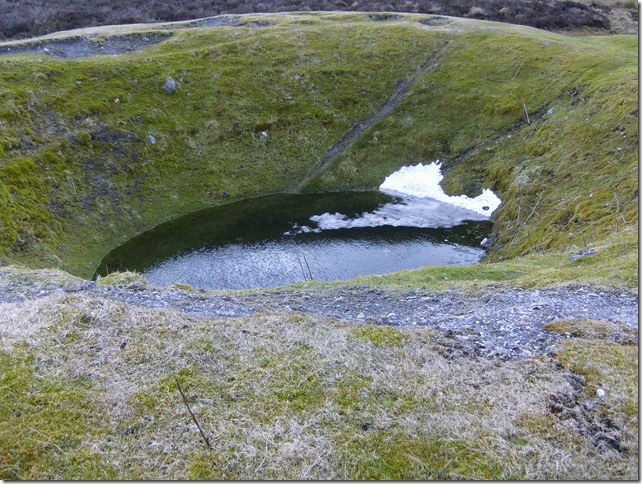Volcanoes be in Sicily (Poem 1705)
VOLCANOES be in Sicily
A lava step, at any time,
Am I inclined to climb,
Vesuvius at home.
Emily Dickinson (1830–86)
There’s a key phrase in this poem by Emily Dickinson. A phrase that, for me, opens up countless doors of possibility. She doesn’t put the phrase in capital letters, as with key words in so many of her other poems, nor does she surround it with her customary dashes. The phrase is ‘my geography’. In other words Emily Dickinson’s personal understanding of geography and not geography as an objective reality.
Emily Dickinson never travelled to Sicily, nor to South America. As far as we know she never actually visited an active volcano, in fact she spent most of her adult years within the confines of the family home in Amherst, Massachusetts, and much of that time in her room. But in her mind she travelled without any limits, visiting Etna and Vesuvius and feeling the hot breath of Sangay upon her cheek.
On the outside Dickinson appeared to be quiet and withdrawn. Her manners were staid, her behaviour somewhat pious. But inside, a simmering volcano bubbled and threatened to erupt at any moment. Hot, violent; a passion barely held in check.
I’m not going to argue that Dickinson was a proto-psychogeographer; indeed, the very idea of a radical methodology designed for exploring the world would no doubt appal her. But I think we can argue that she examined and explained the world through her imagination; she travelled a landscape of the mind. And her vehicle for this exploration was poetry:
I dwell in Possibility –
A fairer House than Prose –
Dickinson was fascinated by maps and atlases and reportedly devoured the travel stories in each issue of Harper’s. From her seclusion in Amherst she explored the world through her imagination, conjuring up exotic visions of Africa, India and China. Conversely, she thought that imagination was a world to be explored in itself:
The brain is wider than the sky
Indeed, her poems often use the language of geography – deserts, oceans and mountains – to describe the workings of the mind:
With thee, in the Desert –
With thee in the thirst –
Contrary to the wisdom of the old proverb, Dickinson did not need to travel to broaden her mind. But perhaps the key is not so much whether one travels or does not, but what one does with one’s mind. As G.K. Chesterton puts it:
They say travel broadens the mind; but you must have the mind.




Although Amherst, Massachusetts is without volcanoes, geology would have been one of its claims to fame during Emily’s working years due to the grandiose leadership of Prof. Edward Hitchcock at Amherst College.
Hitchcock was fond of naming peaks. Whether or not they already had names. See e.g. http://en.wikipedia.org/wiki/Mount_Norwottuck . Further on his career at https://www.amherst.edu/academiclife/departments/geology/history .
So this is just a guess, but I could imagine Emily’s thoughts on pompous Amherst geology having something in common with Whitman’s on The Learn’d Astronomer. Just a guess.
It all becomes clear now! Actually, I remember reading somewhere that geography was one of Emily’s favourite subjects at school. Good Walt Whitman link too. Thanks.